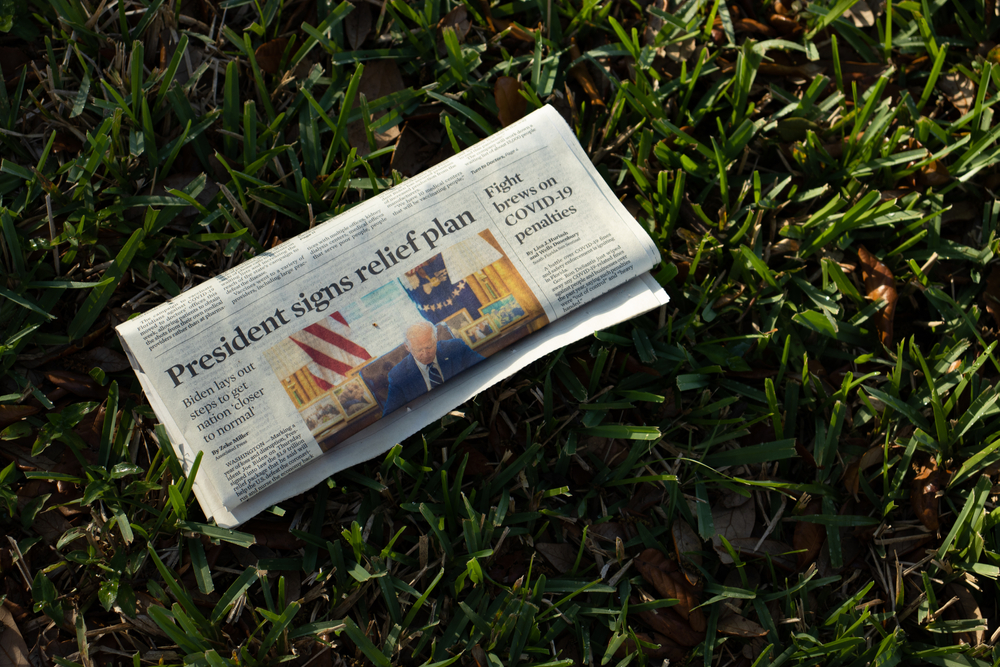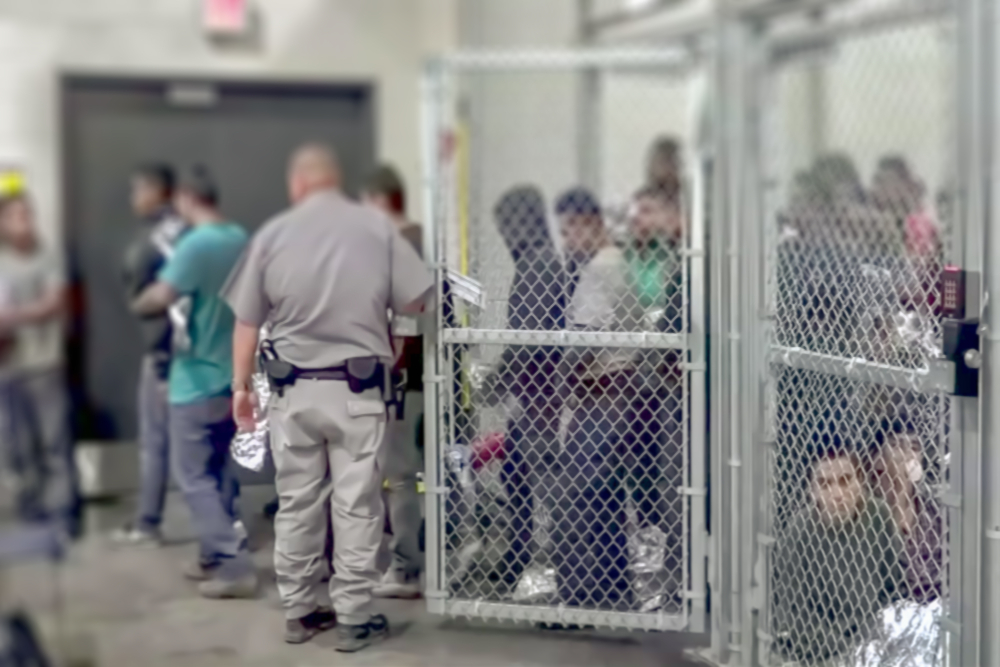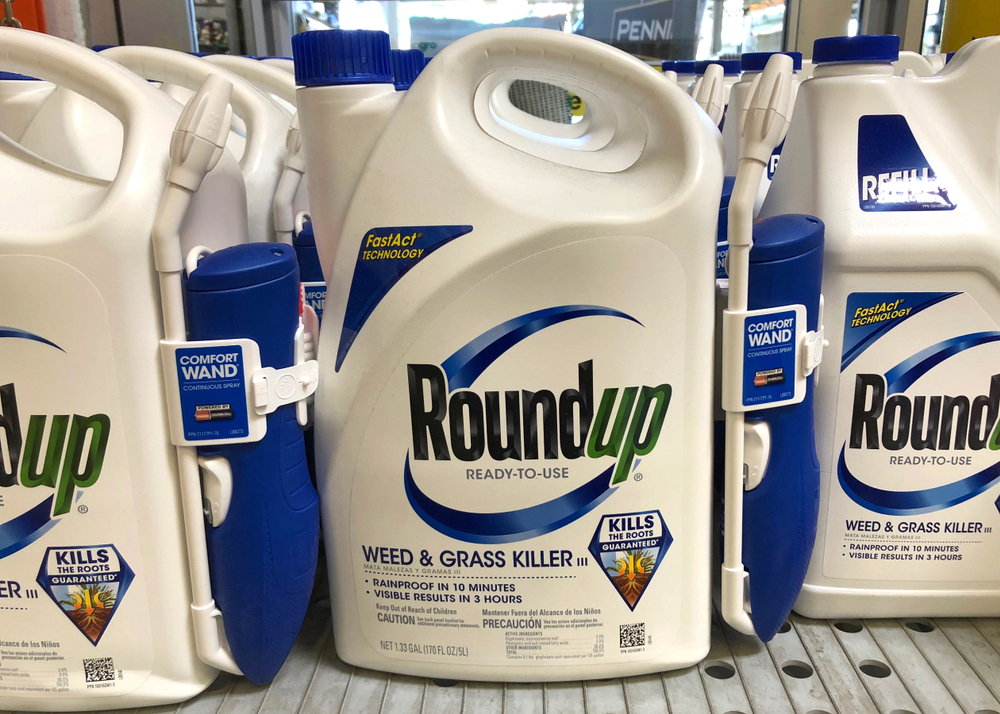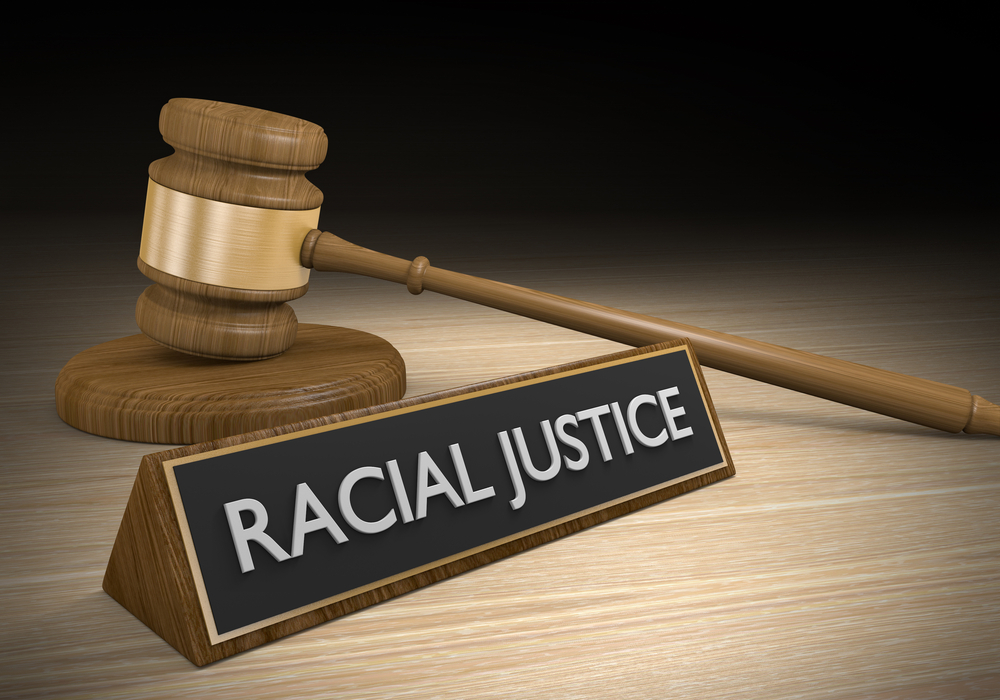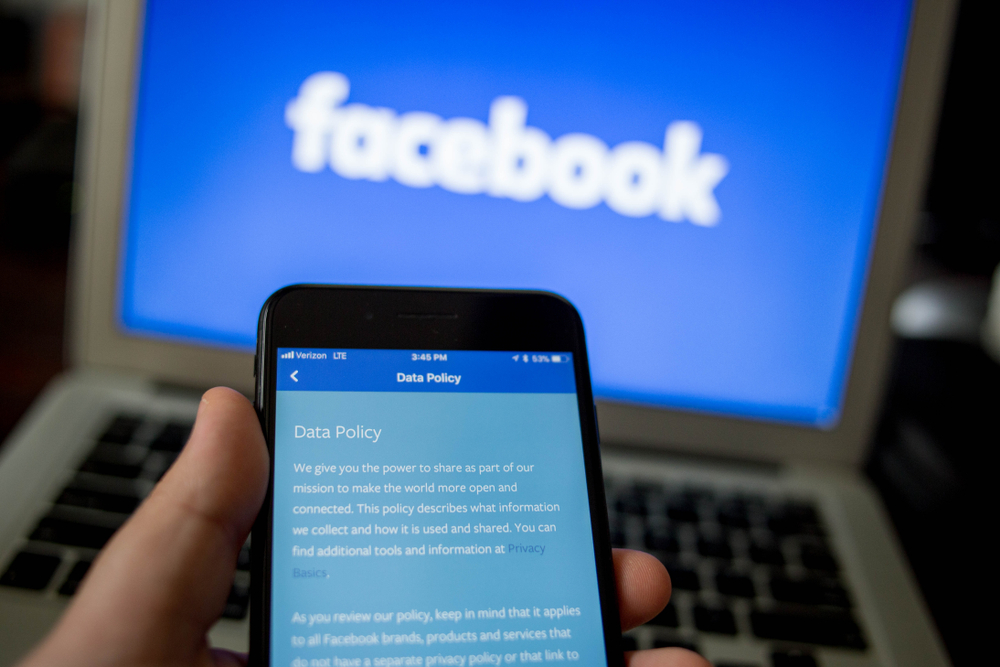Strip clubs in Florida that have been denied federal coronavirus stimulus money are suing the U.S. Small Business Administration, saying its practices are discriminatory and unconstitutional.
Several clubs are following in the footsteps of similar businesses in Michigan and Wisconsin.
The Paycheck Protection Program grants/loans are meant to help keep employees on the payroll during the pandemic. But the SBA has taken the position that it does not have to provide the loans to sexually themed businesses. At the same time, it is appealing wins by clubs in Michigan and Wisconsin, it has provided some funding for some clubs, but has immediately rejected the applications presented by others.
RELATED: Employers must tread carefully in accepting coronavirus stimulus money
RELATED: Waiving your legal rights during a pandemic not always clear-cut
Diamond Dolls, a Clearwater strip club, is one of several Florida adult businesses to demand eligibility for the PPP grants offered by the SBA. In its suit, it contends the SBA’s regulation that bans businesses of a “prurient sexual nature” is unconstitutional and discriminatory. The suit was filed in the Middle District of Florida.
Like many other businesses, the adult-themed clubs were forced to shut down due to the COVID-19 pandemic. They remain shut down as the coronavirus numbers in Florida continue to climb. Each applied for PPP loans so they could continue to pay their employees, but all were rejected.
According to an SBA report, the agency had approved 4.9 million loans totaling $521.5 billion as of June 30.
In Florida, the adult clubs involved in the new lawsuit employ hundreds of people who right now are not receiving paychecks.
The businesses deny they are engaging in “prurient” or “obscene” activity of a “shameful or morbid interest,” which would prohibit them from getting PPP money. They say their businesses simply appeal to those with a “healthy interest in basic human sexuality.” The club owners also argue that by excluding sexually themed businesses from the PPP program, the SBA is engaging in discriminatory behavior that violates their First Amendment right to self-expression.
The lawsuit seeks a court order declaring that the PPP’s exclusion of adult-themed business is unconstitutional and asks that the SBA be required to reconsider their applications strictly on their merits as small businesses.

“This isn’t the guy who got this funding and is now driving around in a new Maserati,” said adult entertainment lawyer Luke Lirot, representing the Florida clubs. “This is about the guy that sweeps the floor and can’t get a paycheck and can’t get through the unemployment system. They need the money and there are a lot of them. There is a whole lot of support staff, including clerks, cashiers, waitresses. It is the same number of employees and same general business model of any place of public assembly. These are businesses that fought hard to get in operation where they are.”
If these clubs were “prurient,” or obscene, Lirot said, they would not be allowed to operate, so the SBA’s regulations do not hold water. Lirot said he prepared a memorandum and circulated it to adult establishments telling them there is no legal way they would be in business if their business were prurient in nature.
“They would never have received licenses from local entities,’’ he said. “They are all taxpayers and are all protected by First Amendment expression. The whole concept of prurient is alien to their lawful businesses.”
This is binding by other Supreme Court decisions, he said.
Similar suits were filed by strip club owners in both Wisconsin and Michigan. In the Wisconsin suit brought by J.R. Schuster LLC, Judge Lyn Adelman granted the company’s motion for a preliminary injunction. That decision to grant the preliminary injunction is now being appealed, but the appeals court stayed the lower court’s ruling while the appeal is heard. The clubs received PPP funds. Meanwhile, J.R. Schuster’s The Vegas Club, which initially sued, has shut down permanently, according to its website.
Lirot said no clubs in Florida have closed permanently, to his knowledge, “but, the day is young.” There is no telling when Gov. Ron DeSantis will allow them to open again for business, he said.
“I’m not breaking any new ground here,” he said.
In Michigan, a judge ordered that dozens of strip clubs are eligible to receive PPP funds under the multibillion-dollar federal COVID-19 loan program. The Eastern District of Michigan found the SBA had no authority to bar them from eligibility, according to Bloomberg Law. In that case, DV Diamond Club of Flint and 41 other strip clubs sued.
In addition to Diamond Dolls, the Florida suit includes: Al-Rob Corporation, doing business as Fantasyland Adult Supercenter, Tampa; Bantock Enterprises, doing business as Silks in Palm Harbor; Nebraska Steak Company, doing business as Charlotte’s Carbaret, Tampa; and X-Pressions Adult Boutique in Hallandale Beach. Diamond Dolls is co-owned by James R. Dato and the Matassini Family Trust. Most recently, Sammy’s Management, doing business as Sammy’s in Pensacola, and Primo Food and Beverage in Bradenton, doing business as DaVinci’s Portrait, also joined the suit.
The Tampa Bay area is well known for its strip clubs, with as many as 40 lining some of its busiest streets.
The suit names the SBA, SBA Administrator Jovita Carranza and U.S. Secretary of the Treasury Steven Mnuchin as defendants.
After receiving a request for comment for this article, the SBA said it did not comment on ongoing litigation.
“We are going to ask for a preliminary injunction and see if we can’t get that in front of the court as quickly as we can,” Lirot said. “There is still well over $100 billion sitting there. It is not the focal point of what it was several weeks ago. They (Congress) re-funded it and extended the deadline twice, now to Aug. 8. I’d like to see some kind of relief no later than Aug. 8.”
Lirot said the question is how can the SBA justify the hundreds of adult clubs that got loans and “the ones they seem to be picking and choosing. The bottom line is if they denied anybody it would be unlawful, but the fact that they denied some and are inconsistent in the way you are making the determination makes it even more disturbing.”






